Networking Basics for RV
A basic understanding of networking technology can go a long way to improve a nomad's mobile internet solution when traveling by RV or boat.
Mobile networking can be basic and fairly simple, but it can also be pretty complicated and technical, depending on individual needs and circumstances. Accomplishing your mobile internet networking goals can therefore require a different, more technical type of network, one that is often not as simple as it should be, especially for those without a technical background.
To get the most out of mobile internet some basic knowledge of how digital networks function is extremely helpful since the technology is far from flawless and is often not user-friendly.
In this guide, we aim to provide you a primer on networking basics from a mobile internet perspective for RV and boat travels. What they are and how they work - along with useful and simple definitions for all the arcane network terminology.
If you're a member, please log in above to see your exclusive content.
Don't need a membership? Other ways you can support our work here:
-
As seen in our videos!
-
Get a FREE Month of Starlink!
And our team will get one too!
-
Get a FREE Month of T-Mobile Unlimited Data
Join the Calyx Institute, and get a bonus month - and we do too!
-
Save $20 on Visible
Verizon's prepaid phone plan, we also get a $20 credit.
-
Leave a Tip!
Send our team some beer money!!
-
Share About Us!
Link to our content, tell others about MIRC. It's Free!
It is with huge gratitude to our members for making the free unbiased educational content on our site possible. We're not sponsored, you'll find no 3rd party ads and we don't sell gear or data plans.
Our members get exclusive access to our in-depth content, classrooms, vendor discounts (that can save you more than membership!), alerts, insider info and interactive guidance. They can even book private advising sessions.
If mobile internet is an important part of your lifestyle, consider helping make MIRC possible by joining or supporting our mission.
What is a Network?
Digital networking really isn't all that different in concept from old-school human networks - ultimately networking is about making connections. "Network" is defined as a group or system of interconnected people or things.
So one way to think about computer networks is to imagine them as networks of people. We have people we need to connect to, for a variety of reasons, using a variety of methods (directly face-to-face, via voice, email. social media, etc.). We are closely connected to some people while our connections to many others are distant and tenuous. The same basic principle holds for computer networks.
This guide will focus on digital networking for mobile internet. We'll cover the basic concepts and then give some examples of common network configurations and uses that take advantage of mobile internet for nomads, RVers and cruisers.
Member Exclusive Content Below
Member Exclusive Content In This Guide
Has this guide been helpful so far?
Well.. there's a lot more below available to our members. As well as dozens of other guides like this, videos, classrooms, forums, webinars and more. All specifically created for helping keep RVers, cruisers and nomads online.
Consider Becoming a Member
If mobile internet is an important part of your lifestyle, a membership can help keep you connected with these exclusive benefits:
- in-depth exclusive content
- interactive guidance
- vendor discounts
- alerts & insider tips
- classroom
- community
Free Content Like This Made Possible By Our Members!
We are community funded via our premium membership program - allowing us to focus on creating unbiased quality, in-depth, constantly updated content. We don't accept 3rd party advertising, we're not sponsored and we don't sell 'stuff'.
Already a member?
Log in to continue with this guide.
Check out the Topics Covered in the Member Section:
Network Components
This section covers the common parts that make up a network such as clients, nodes, servers, and more.
Types of Networks
This section goes over the differences between a LAN, WAN, VPN, and just what is 'the internet'?
Basic Networking Configurations for Mobile Users
We share some common simple setups that RVers and cruisers use for getting online - from simply using public Wi-Fi sources to hot-spotting off of cellular devices.
Advanced Mobile LAN Examples
For those wanting to replicate a home LAN, this section goes over some ways to create a more advanced network in a mobile environment.
Networking Protocols, Standards, and Terminology
Networking comes with a host of new terms that look like alphabet soup. This section is a glossary of these terms explained.
Summary: Network Knowledge
Computer networks can be quite complex in practice, but the concepts are relatively straightforward. Knowledge of networking can really help make your mobile internet experience better. For those who rely on mobile internet or who have many devices, a network can actually make life simpler by corralling and managing all your devices.
Related Reading
Related Guides:
- Mobile Internet Options for RVers Overview
- Wi-Fi Does Not Necessarily Mean Internet Access (What’s the Difference Between Wi-Fi & Cellular?)
- Assessing Your Mobile Internet Needs
- Testing & Understanding Your Mobile Internet Speeds
Further Reading :
Here is a link on this topic for those that want to go deeper:
- Introducing Basic Network Concepts - Notre Dame course on Networking.
Explore the Resource Center
Have Questions?
Join our 'Library Desk':
Internet for RVers & Cruisers Facebook Group
We cross post news articles and guides, and can help point you in the right direction to our content here on the resource center.
It is with gratitude to our premium members that we're able to offer our free content - and for that, they also have access to our member Q&A areas for more in-depth guidance.
Become a Member
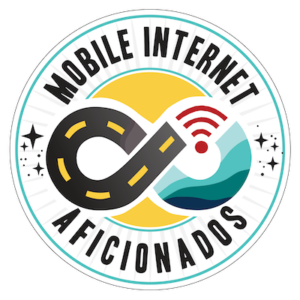 The MIA is our premium membership - designed for those who consider mobile internet an important part of their lifestyle.
The MIA is our premium membership - designed for those who consider mobile internet an important part of their lifestyle.
In thanks for making content like this possible, we offer a bunch of additional perks. From interactive guidance, in-depth member exclusive content, discounts, alerts, classroom and ability to book private advising sessions.
Stay In the Know
We're constantly tracking the industry and analyzing new developments for mobile travelers. If you'd like to receive updates, we offer several ways:
- Subscribe to our free monthly newsletter
- Subscribe to our News Stories RSS Feed
- Subscribe to our YouTube Channel
- Follow our Facebook Page
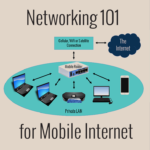
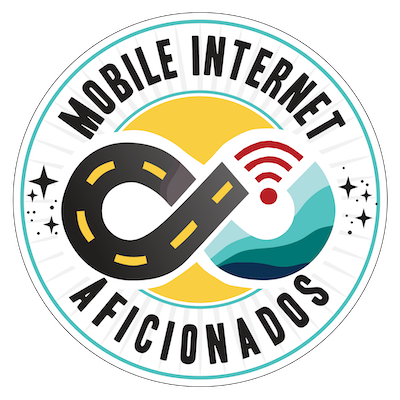
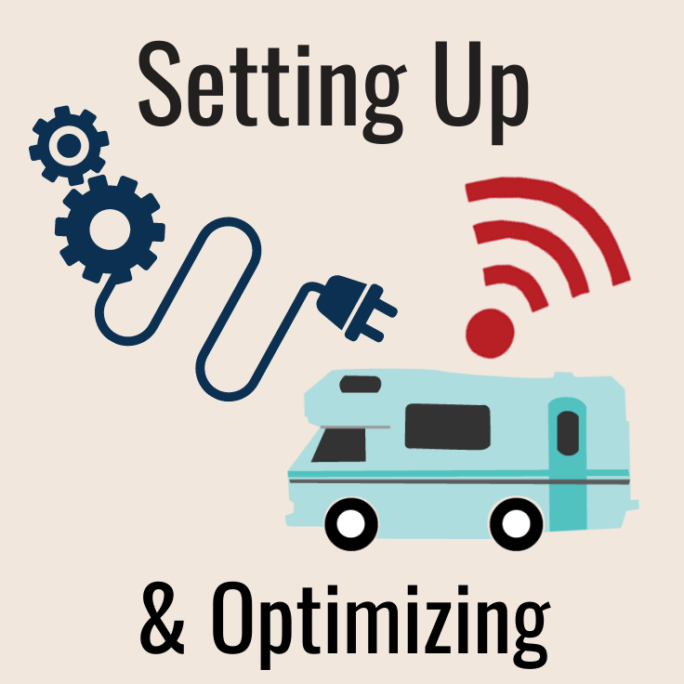
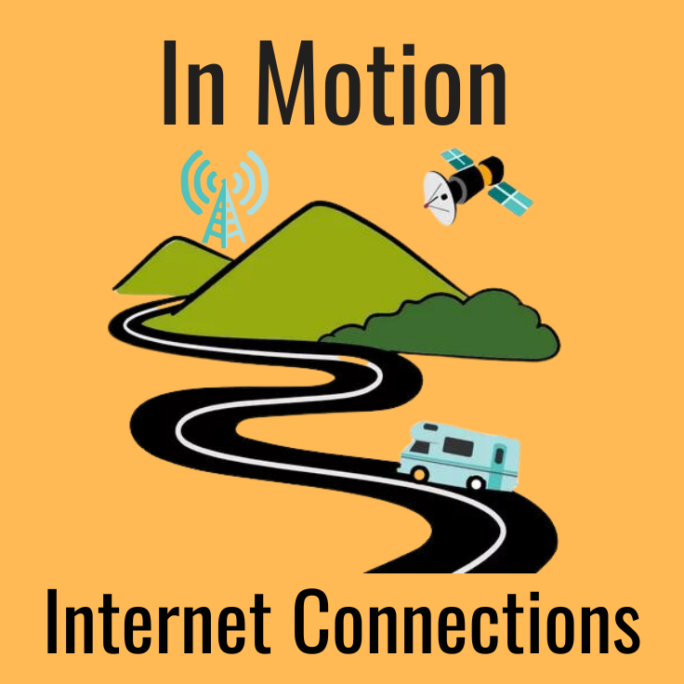
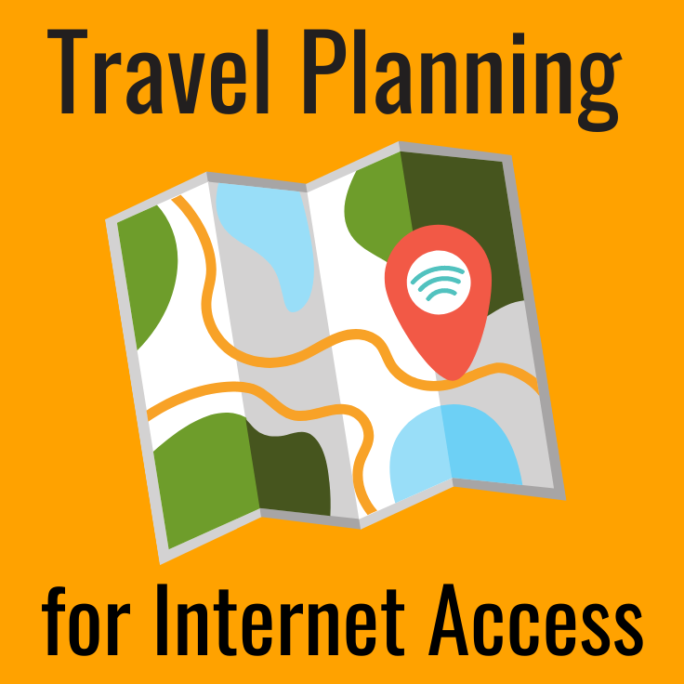
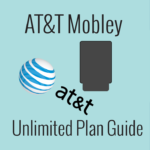
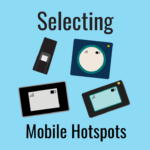
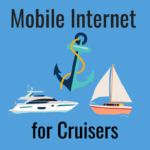
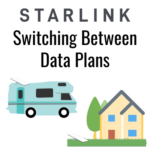
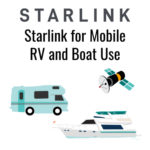
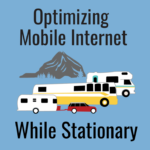
 Mobile Internet Resource Center (dba Two Steps Beyond LLC) is founded by Chris & Cherie of
Mobile Internet Resource Center (dba Two Steps Beyond LLC) is founded by Chris & Cherie of